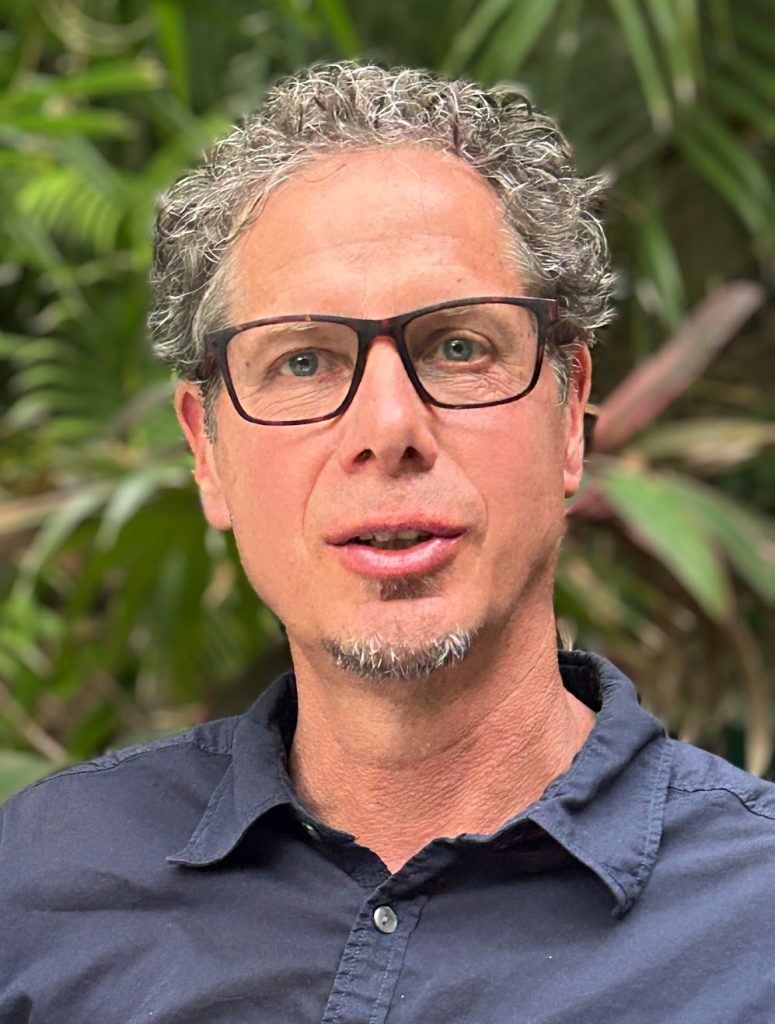Tried and True – Faster Than New
Date/Time: Tuesday, November 4 | (1:30 – 2:30 pm)
Location: Centennial Room
Goldilocks Geoscience Services: Mining Fundamentals – Creating Taleigital Evolution in Geological Field Mapping: Enhancing Traditional Methods with Modern Technologynt Pipelines
Session Overview:
Geological field mapping – the primary means of geological data collection and representation – has undergone significant technological transformation over recent decades, evolving from compass-paper methodologies to integrated digital systems utilizing GPS, handheld computers, and real-time data collection platforms. This presentation, including practical examples, examines this evolutionary progression while emphasizing that geological observation skills remain fundamental to effective field mapping practice.
Contemporary digital mapping technologies, particularly GIS applications and GPS-enabled devices, demonstrate substantial improvements in positioning precision, data consistency, and processing workflows compared to traditional methods.
Modern systems achieve great accuracy while eliminating digitization errors and enabling real-time validation during field collection.
Despite technological advances, fundamental geological mapping principles remain unchanged. Critical observational skills including lithological identification, structural relationship interpretation, contact delineation, and field relationship documentation constitute the essential foundation upon which all mapping methodologies are built.
Digital tools cannot substitute for proper outcrop analysis, rock type recognition, and geological process interpretation capabilities. Rather, optimal geological mapping practices integrate modern digital efficiency with traditional observational rigor. Digital platforms enable geologists to collect field observations more efficiently while achieving enhanced spatial accuracy and streamlined production workflows.
Americas at Chrysos Corporation: Enhancing Gold Mine Efficiency and Safety through the Implementation of onsite PhotonAssay™ Technology
Session Overview:
This presentation highlights the successful shift of a gold mine from traditional analytical methods, such as fire assay and Pulverise and Leach (PAL), to the innovative onsite PhotonAssay™ technology. The implementation of PhotonAssay™ has significantly reduced the turnaround time for grade control samples while enhancing data accuracy. By deploying this technology onsite, the mine has minimized sample preparation needs, streamlined the measurement process and data QA/QC protocols, and eliminated the use of hazardous chemicals. These improvements have optimized operational performance and enhanced overall safety at the mine site.
Speakers

Christian Bohm, Goldilocks Geoscience Services
Christian Bohm is a Professional Geoscientist with over 30 years of experience in diverse geological environments, mineral exploration, and public geoscience. As Principal Geoscientist at Goldilocks Geoscience Services, he specializes in geological mapping, data synthesis, geochemical consulting, and project generation.
Christian has a proven track record of leadership, having managed geoscience programs and fostered collaborative initiatives, including his long-term tenure as Chief Geologist and Director at the Manitoba Geological Survey. His expertise spans exploration targeting, project management, and qualified reporting. He possesses deep technical knowledge in structural geology, geochemistry, and geochronology, with a focus on various commodities including critical minerals, gold, lithium, magmatic nickel-copper-PGE, VMS copper-zinc-gold, porphyry systems, uranium, and diamonds.
Christian’s passion is to explore, analyze and document geological systems in the field, and to compile and communicate his findings in accessible ways. His career highlights include leading complex geoscience projects and mentoring junior geoscientists.

Andrea McLaren, Americas at Chrysos Corporation
Andrea McLaren is Regional Sales Manager – Americas at Chrysos Corporation, based in Vancouver. With a BSc in Chemistry from UBC and a Graduate Diploma in Business Administration from SFU, she supports mining companies across the Americas in adopting PhotonAssay™ technology to improve assay accuracy, turnaround time, and safety.
